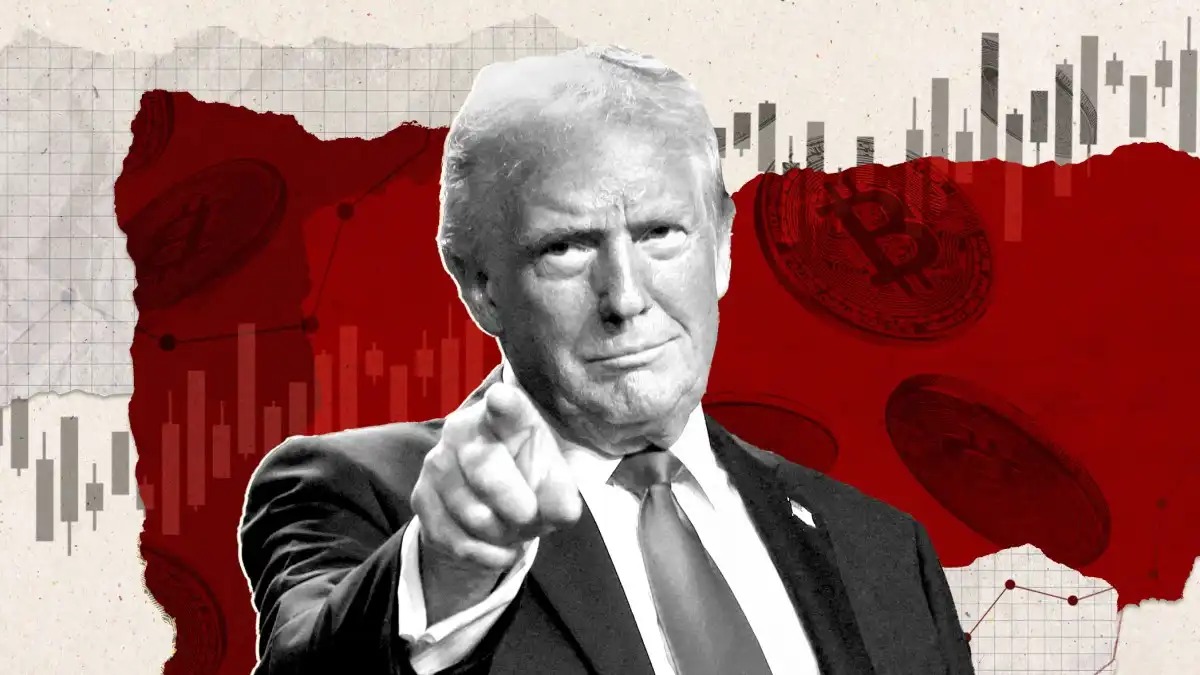Less regulation, more risk? Trump and SEC Ease Path to Cryptos

Less regulation, more risk? Trump and SEC Ease Path to Cryptos
The cryptocurrency market in the United States has just gained a new lease of life. The decision of the Securities and Exchange Commission (SEC) to close the investigation into Robinhood's crypto unit without applying penalties marks a turning point in the country's regulatory stance. The sign is clear: under the Trump administration, oversight over digital assets could become significantly more lenient.
The question that remains is: does less regulation represent more freedom or more risk for investors and for the sector as a whole?
The SEC's changing stance and its impacts
Last year, the scenario was quite different. The SEC, still under the leadership of Gary Gensler, intensified its oversight of crypto companies, issuing notifications and preparing actions against digital trading platforms. Robinhood Crypto even received a Wells Notice, an early warning indicating that the commission was ready to process it.
Now, with new management and a more favorable orientation to the sector, the SEC has shelved the investigation and has given up on carrying out any punitive measure against the broker. This turnaround reinforces the thesis that the current government seeks to reduce regulatory barriers and stimulate financial innovation.
The immediate effect of that decision can already be felt. Companies in the sector see an opportunity to expand their operations without the fear of regulatory blockades. Institutional investors, previously wary of the SEC's strict stance, are beginning to reconsider their exposure to the crypto market.
Flexible regulation: an incentive for growth or a threat?
Regulatory easing can accelerate the adoption of cryptocurrencies and boost the entry of new players into the market. However, the lack of clear rules and strict oversight raises concerns about the security and stability of the sector.
Historically, moments of lower oversight resulted in cases of fraud, market manipulation, and financial collapses. Without a solid framework to ensure transparency and investor protection, the risk of new crises increases.
Additionally, this change of direction may impact the United States' relationship with international bodies and other financial regulators. Many countries still view the crypto market with suspicion and maintain strict restrictions on its operation. If the U.S. relaxes the rules too much, it could lose global influence in setting standards for the sector.
Robinhood and the bet on the crypto market
The favorable decision of the SEC gives Robinhood the freedom to expand its cryptocurrency operations. The company, which had already diversified its services beyond traditional brokerage operations, now has a less turbulent path to expand its participation in the digital segment.
This movement reflects a broader trend: brokerage firms and conventional financial platforms are increasingly integrating digital assets into their portfolios. The objective is to meet the growing demand of investors for decentralized and digital alternatives.
The great challenge will be to balance innovation and security, ensuring that the absence of restrictions does not compromise trust in the system.
The SEC's new stance may be seen as a relief for crypto companies, but it also raises critical questions about market protection. Without a well-defined regulatory framework, risks can increase, making the environment more volatile and prone to crises.
The digital asset sector continues to advance, but it still needs to find a balance between freedom and responsibility. The challenge now is to ensure that this evolution takes place in a sustainable and safe way for everyone involved.
Do you want to understand how this new regulatory phase can impact your investments? Follow it here updates and always be one step ahead in the market.
Posts Relacionados
Informação de valor para construir o seu negócio.
Leia as últimas notícias em nosso blog.


Da reação à predição: a evolução inevitável do enterprise risk management
ERM reativo está morto. Descubra como IA, continuous monitoring e predictive analytics transformam GRC.





